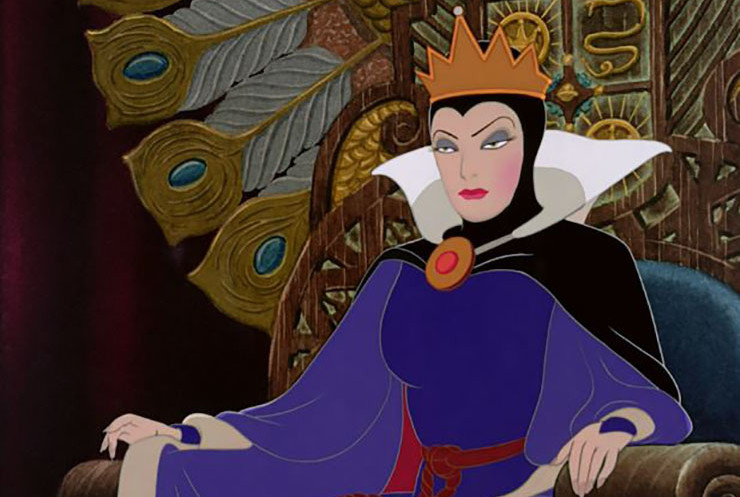She’s fabulous.
Her hair is done. Her makeup is flawless; her coat, luxurious. She’s single. She’s thin or she’s fat or she’s muscular or she’s old or she’s young but she’s never ever cute or soft or scared of you.
She’s hungry. She wants money, and she wants more luxurious coats, and she wants power. She wants to sit in the chair that is currently occupied by whoever’s in charge, and she doesn’t want to wait for the world to give her that throne. She doesn’t have time for that. She’s not going to wait. She’s going to take it.
She wants a voice. She wants your voice. She’ll use it to yell when she’s angry and to cry when she’s frustrated and to murmur poison into the ears of some nearsighted boy-king who doesn’t see what she sees. He can’t even begin to see the web she’s weaving, so she’ll wrap him up in a little cocoon of silk and she’ll set him aside, where he can’t ruin any of her plans.
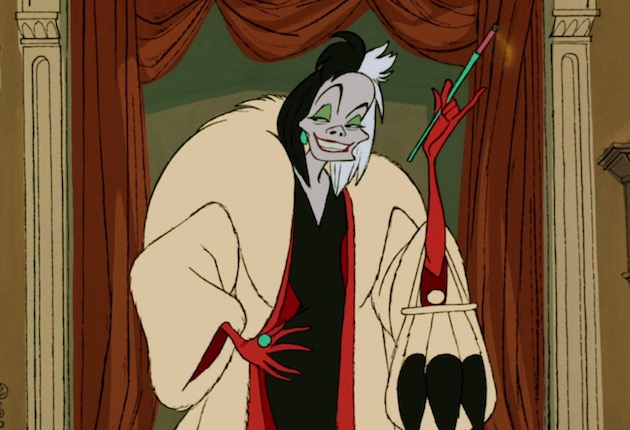
She runs a business. She makes a thousand decisions every day and she never feels the need to justify any of them with a shrug or an “I don’t know, I just thought maybe we could…?” Woe betide the man who speaks over her in a meeting.
We love her and we hate her in equal measure. We feel that way because she revels in being all the things that we are told we aren’t allowed to be. She is confident, and she has wrinkles, and her nose isn’t a formless nonthreatening comma in the middle of an ill-defined wide-eyed face—it’s a knife, or an arrow, or a scythe. She frowns. Everyone in the audience and on the internet wants to talk about whether or not she’s sexy but they’re asking the wrong questions and she’s laughing at them for it. She wears bright colors, nonprimary colors that coordinate with her green skin or her purple eyeshadow. She’s too good for this game, too smart for her boss, tired of getting stepped on. She gets mad and she gets even.
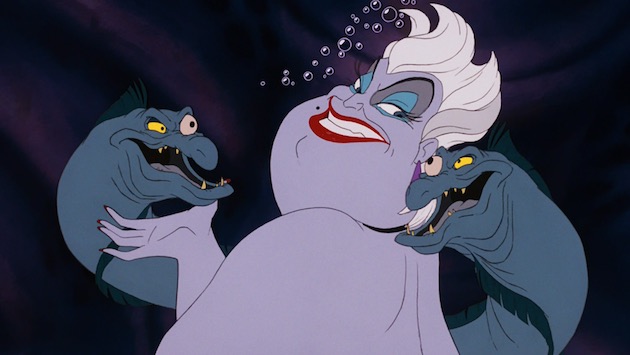
Her lipstick is flawless and her eyebrows are the boss of you.
Why is it that female cartoon villains get to be all of these things, to have all of these things? Why do they get to have hairstyles—no, Hairstyles, with a capital Hair—while their protagonist counterparts are drawn small and soft and childlike? Why does Ursula get to have a beauty mark and the most impeccably waterproof makeup a sea witch could hope for, while Ariel gets the same wide-eyed small-jawed face as every other white Disney princess? Why does Maleficent get a headpiece that defines menacing elegance and dark grandeur, while Aurora gets generic late-fifties bangs? Why does Shego get to mouth off to Drakken and read magazines by the pool and decide what is and isn’t her job, while Kim Possible has to leap into action regardless of whether she’s tired or sad or sick or, heaven forbid, too busy?
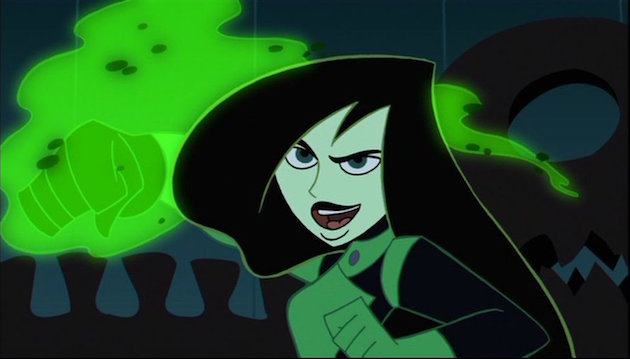
Why is it that I can easily remember the faces and voices of female cartoon villains, but if asked about female cartoon heroes, all I can remember is the clothes?
Female cartoon villains define transgression. We look at thin-wristed shy-smiling nice-haired female protagonists and we see what’s expected of us: wait. Be patient. Be nice. Be happy with your lot, enjoy what you’re given, and don’t look for more. Make wishes, not plans. Have animal friends, never henchmen. No one should work for you, but everyone must love you. Look soft and small and breakable, and cry with your head flung into your arms so no one has to see your puffy eyes. Be afraid that no one will ever rescue you. Be afraid that you’ll have to live your whole life without adventure ever finding you.
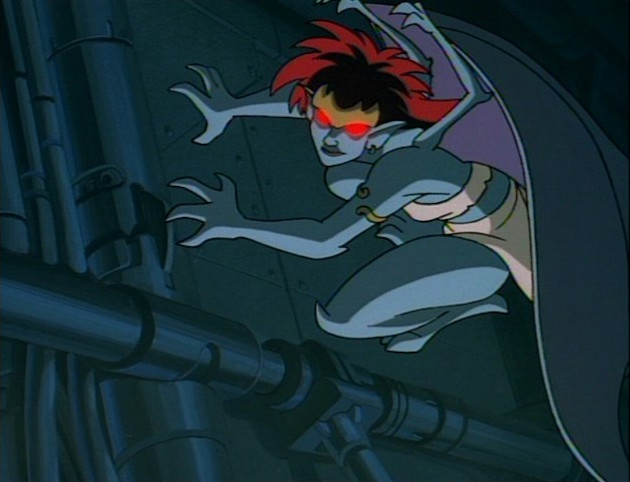
We look at female cartoon villains and we see what’s forbidden: ferocity. Never laugh with your head thrown back. Never apply your eyeshadow as a cut-crease. Never draw in your brows or dye your hair. Don’t wear nice clothes (unless they’ve been sewn for you by people or animals who love you, or delivered to you by magic). Don’t look in mirrors. Don’t want things. Don’t get old or fat or tall. Don’t make demands. Hope, maybe, but never expect. No, not even if you’ve dedicated your life to a goal—even then, don’t you dare expect. Work hard, but don’t grind for years and years building an empire because if you do, then you’ll get taken down and the audience will cheer at your suffering. Don’t carve your face into a mountainside, because that territory is reserved and your name is not on the list.
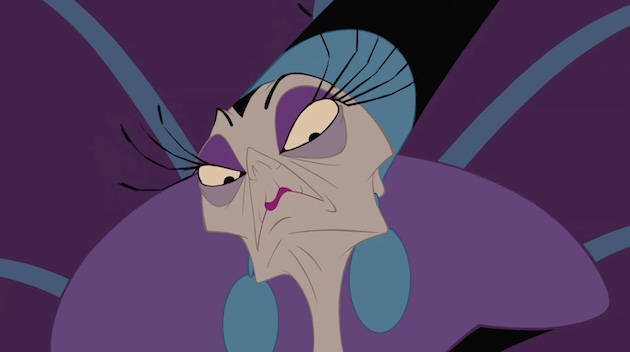
We’re sold on the female protagonists, and I do mean sold. We admire their spunk and their tenacity, because it’s accessible—it’s rebellion in the form of wanting. It’s gazing at the stars at night after spending all day scrubbing the floors, and believing that wishing will be enough. But once they graduate to getting what they want? Once they’ve made real sacrifices in pursuit of their dreams? Once they’ve made it, or even once they’re almost there?
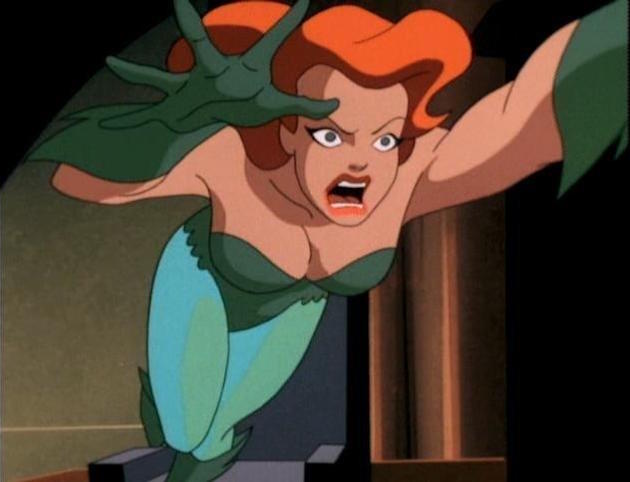
That’s when they become dangerous. That’s when they become the villainess. Somewhere in there, they stop caring about what other people think, and they get what they want, and they turn into cautionary tales: something bad is waiting for the woman who goes that way. We believe it. We repeat it. We look at women who are running things and we’re suspicious, because we’ve spent our whole lives looking at women with ambition and knowing that they can’t possibly be allowed to grasp whatever it is they’re reaching for.
Oh, sure. They do bad things. They’re petty and jealous and rude and they grab and they take and they hurt people. They’re not nice. They’re not role models.
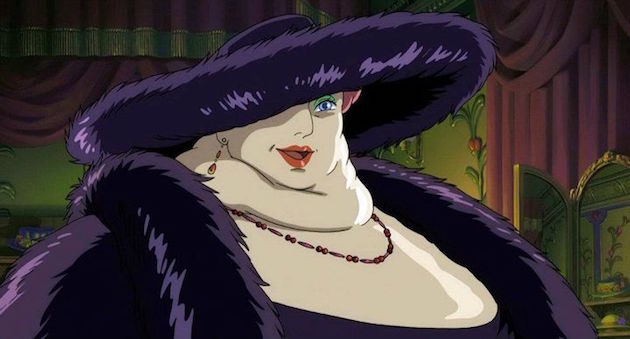
But, then again, what if they were role models? Aren’t they the versions of ourselves that we wish we were bold enough to be? We fear them and we hate them and we envy them and we want to be them. What could we become, if we threw our heads back when we laughed? What could we become if we were willing to push aside everyone who stands in our way? What could we accomplish? What would happen to us, if we decided that we didn’t want to scrub floors during the day and wish on stars at night and wonder when the adventure is going to come find us?
How might you laugh if you’d burned every bridge that needed burning, and there was nothing standing in the way of your ambition? How might you look, if the only person you needed to please with your fashion choices was you? It’s delicious and frightening to think about becoming the type of woman that a Disney illustrator would light from below, surrounded by billowing smoke, with your henchmen cowering in the background and every opportunity spread before you. It’s thrilling to imagine a life where your only fear is mortality, and even that can be negotiated out of the way if you know the right people or brew the right potions. It’s wonderful and terrible to think about having that much power, because as we all know, that much power makes you a villainess.
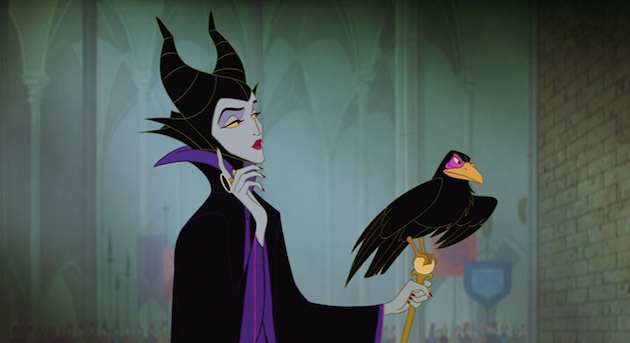
And that’s a bad thing.
Right?
Sarah Gailey’s fiction has appeared in Mothership Zeta and Fireside Fiction; her nonfiction has been published by Mashable and Fantasy Literature Magazine. You can see pictures of her puppy and get updates on her work by clicking here. She tweets @gaileyfrey. Watch for her debut novella, River of Teeth, from Tor.com in 2017.










